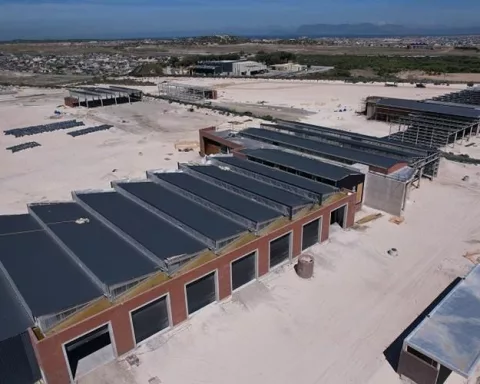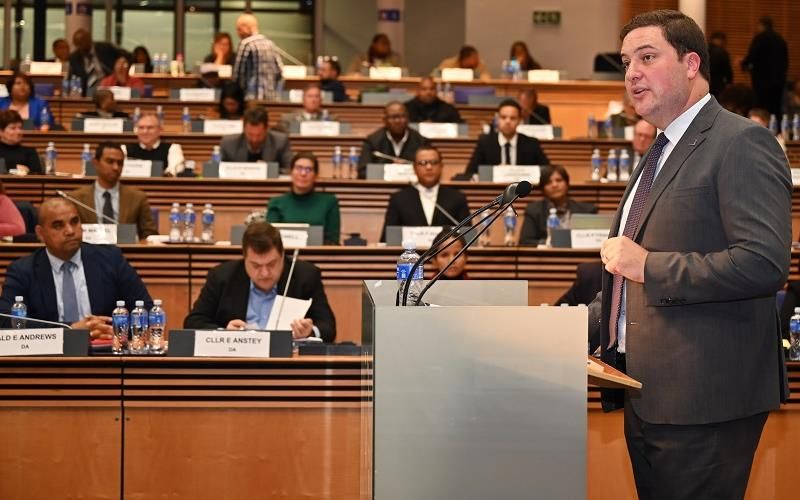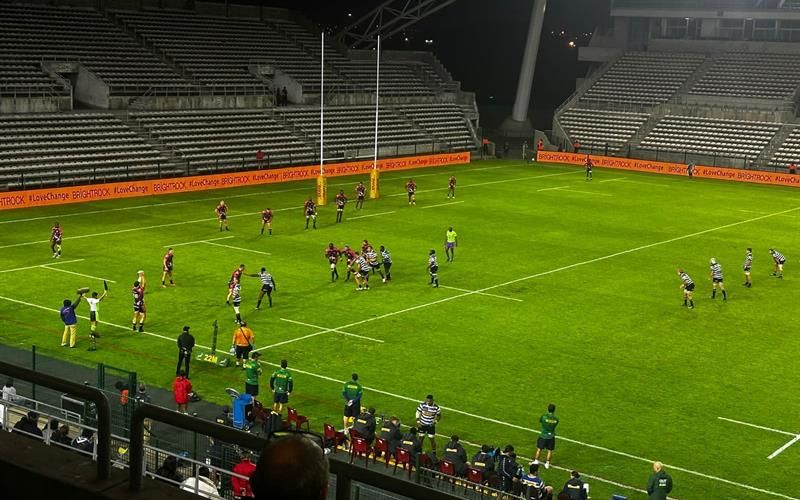A 61-year-old Rwandan fugitive, who was allegedly involved in the 1994 Rwandan genocide, has been captured in South Africa after evading authorities for over 20 years. The arrest was made possible through the collaboration of multiple law enforcement agencies, including the Directorate for Priority Crimes Investigation (DPCI), Crimes Against the State, and Interpol.
Arrest of the Suspect
The suspect, who had been living under the name Donatien Nibashumba, was tracked down on a grape farm in Paarl, Western Cape, on May 24, 2023. The multi-agency initiative, Operational Task Team (OTT), was responsible for executing the arrest. According to reports, the OTT’s investigation was fueled by information and images provided by the United Nations International Residual Mechanism for Criminal Tribunals (UN IRMCT), which identified the fugitive’s location.
Charges against the Suspect
The former Rwandan Police Inspector is facing charges of genocide, conspiracy to commit genocide, and crimes against humanity. These allegations stem from his alleged involvement in the planning and execution of the Rwandan genocide, which resulted in the deaths of over 2,000 people in 1994.
Importance of International Cooperation
The arrest of the Rwandan fugitive serves as an example of the importance of international cooperation between law enforcement agencies. The success of this operation was due to the coordinated efforts of law enforcement officers and agencies from South Africa and Rwanda.
Court Proceedings and Extradition
The suspect is set to appear in court on May 26, 2023, facing charges related to immigration laws and the INTERPOL Red Notice. Following these proceedings, the judicial authorities in South Africa will determine whether to extradite the individual to Rwanda, where he will face justice for his alleged involvement in the genocide.
Pursuit of Justice
The capture of the Rwandan fugitive serves as a reminder that the pursuit of justice for victims of heinous crimes must remain constant, regardless of the passage of time. The ongoing collaboration between international law enforcement agencies ensures that fugitives who have evaded capture for years will be held accountable for their actions.
Power of Global Cooperation
The successful capture of the Rwandan fugitive highlights the power of global cooperation in the fight against crime. In an increasingly interconnected world, forging strong partnerships across borders is essential in locating and apprehending fugitives who have evaded justice for decades. The determination to hold those responsible for their crimes accountable is unwavering.












